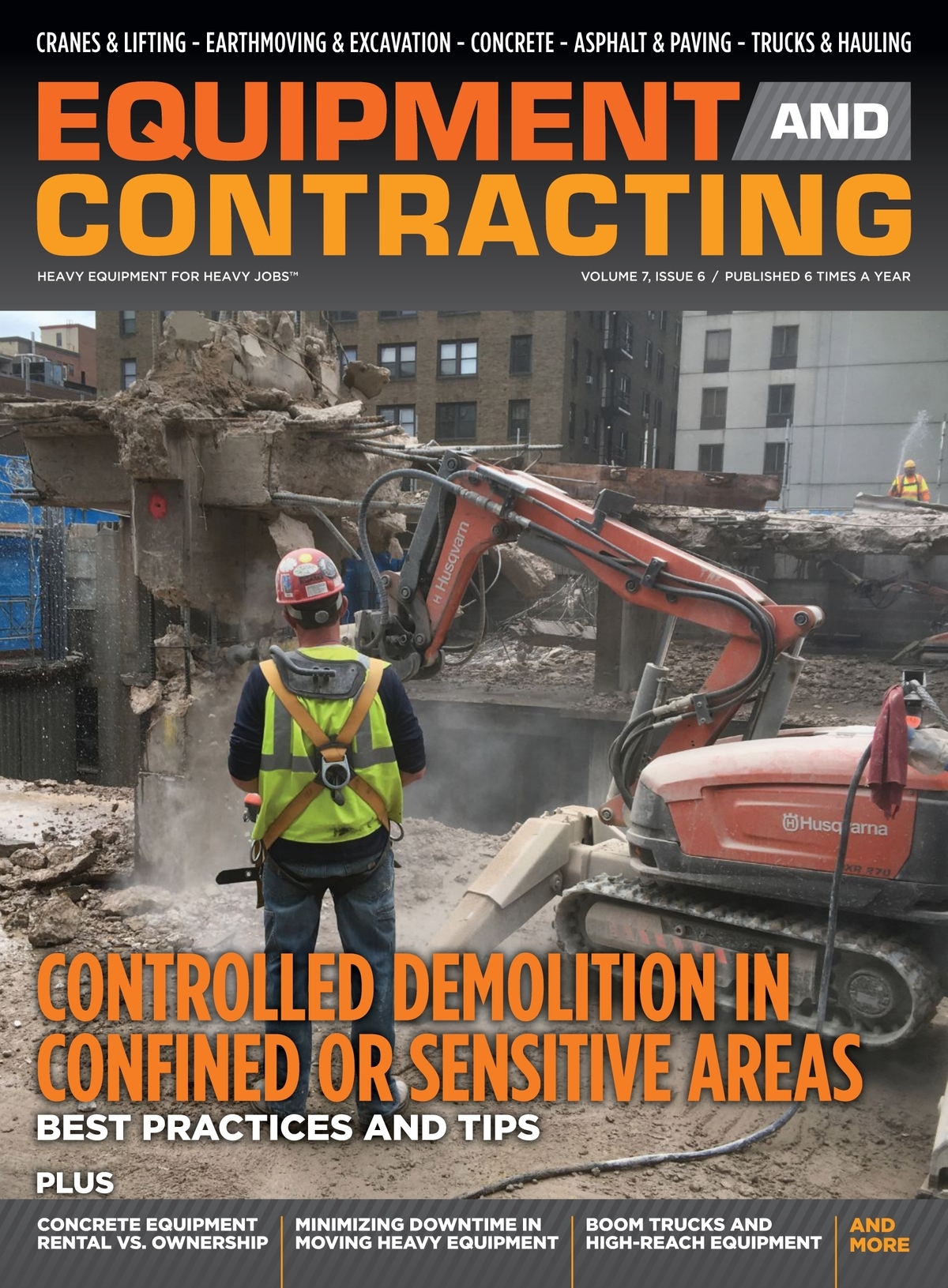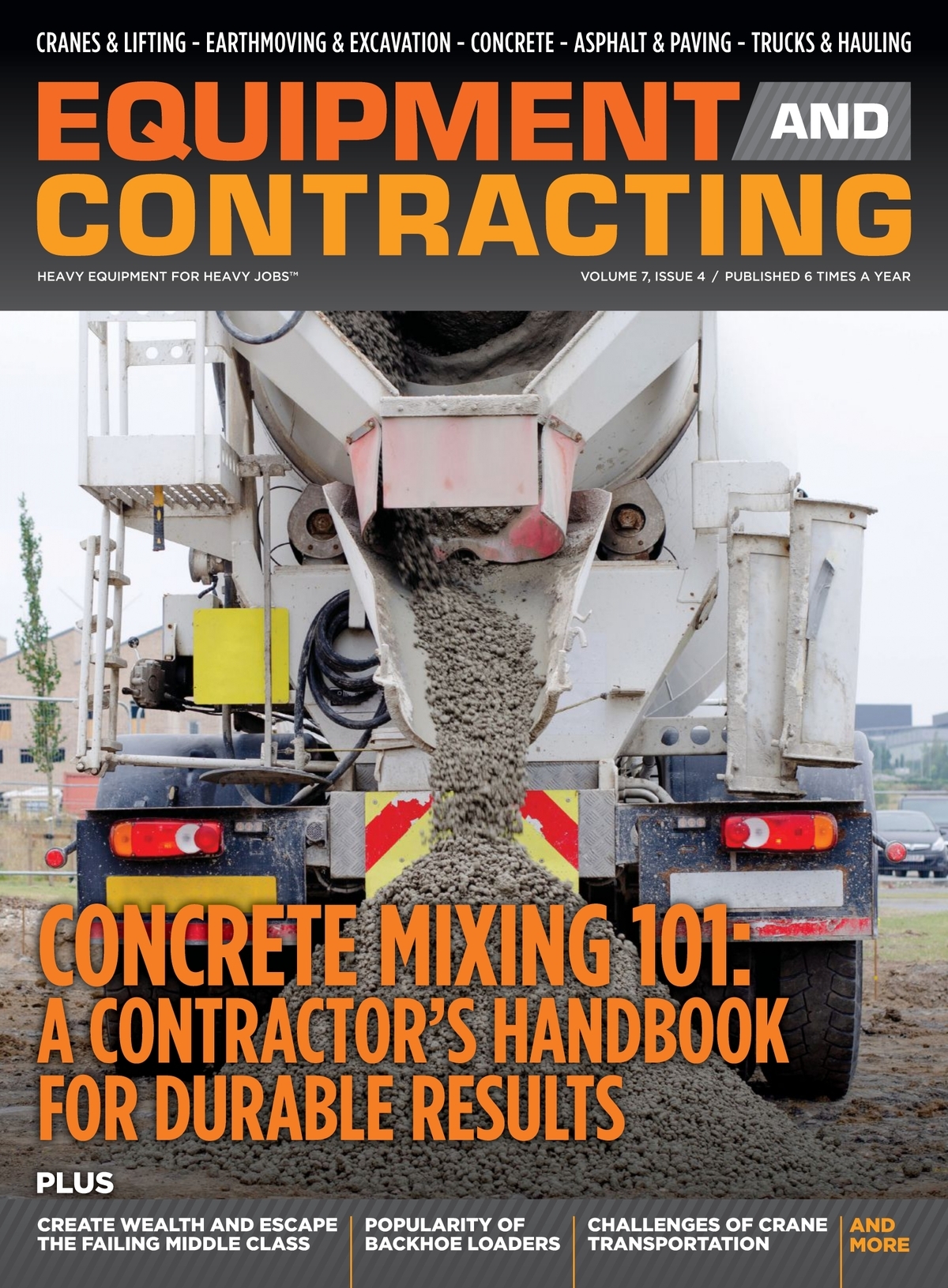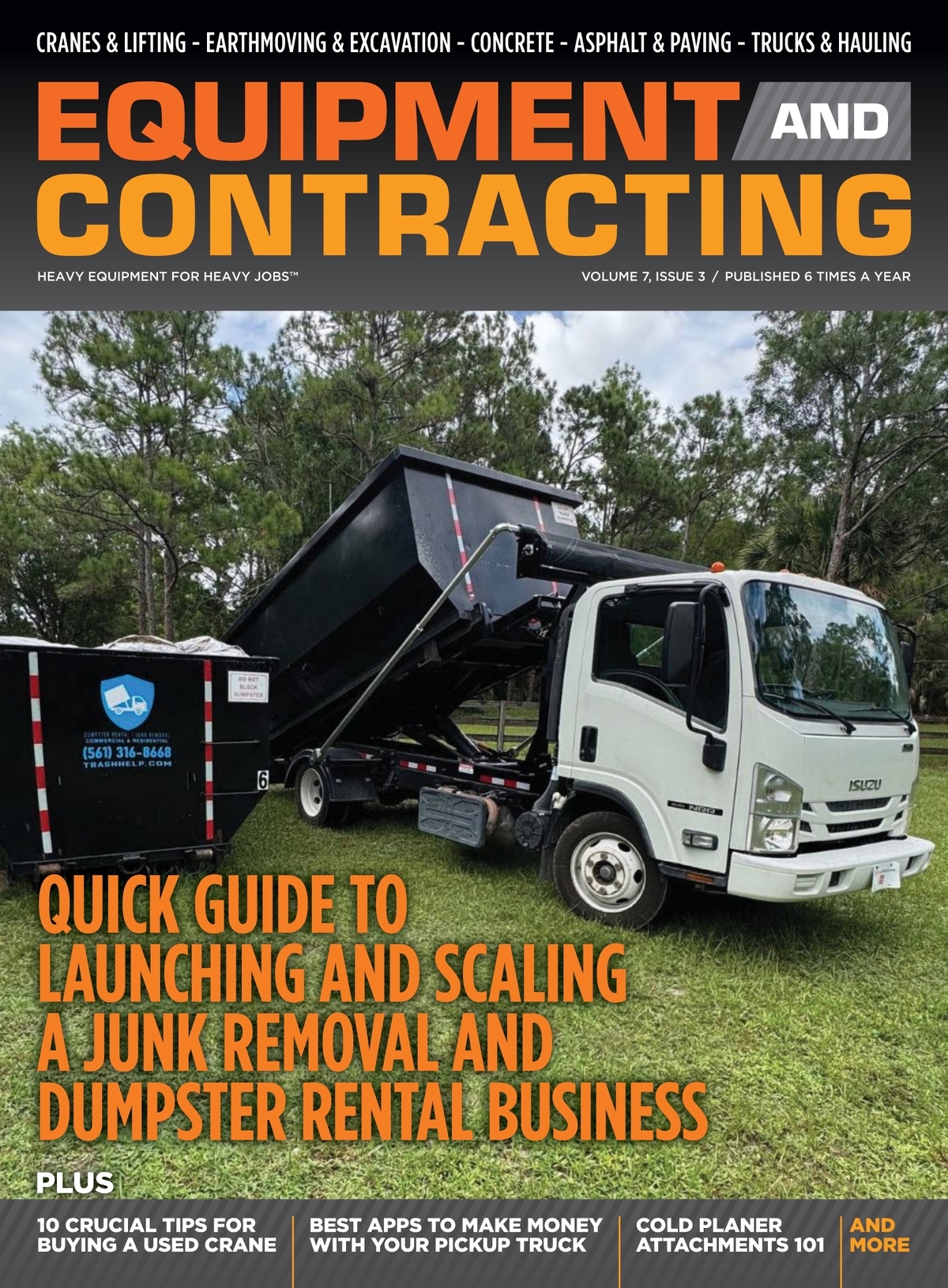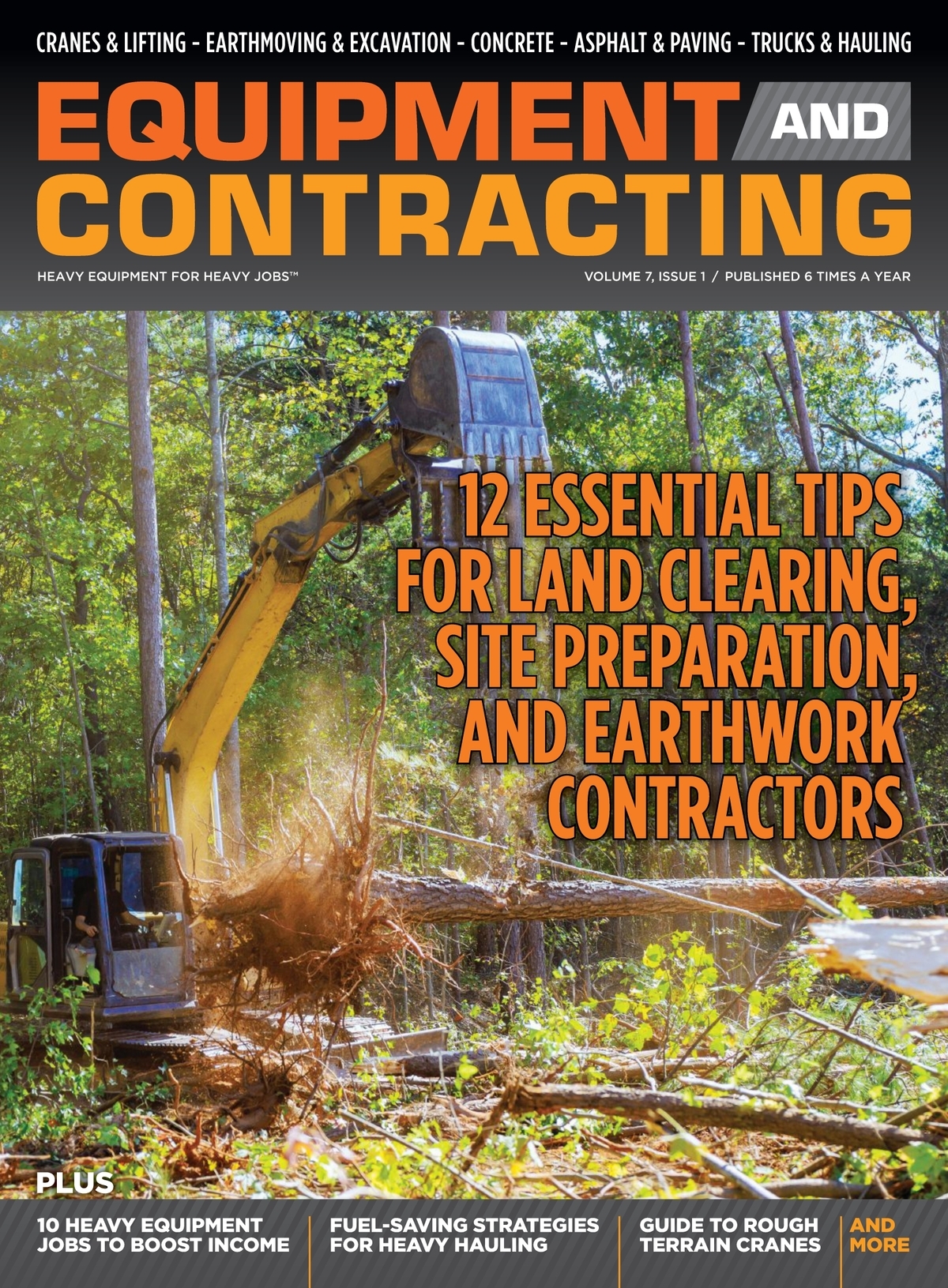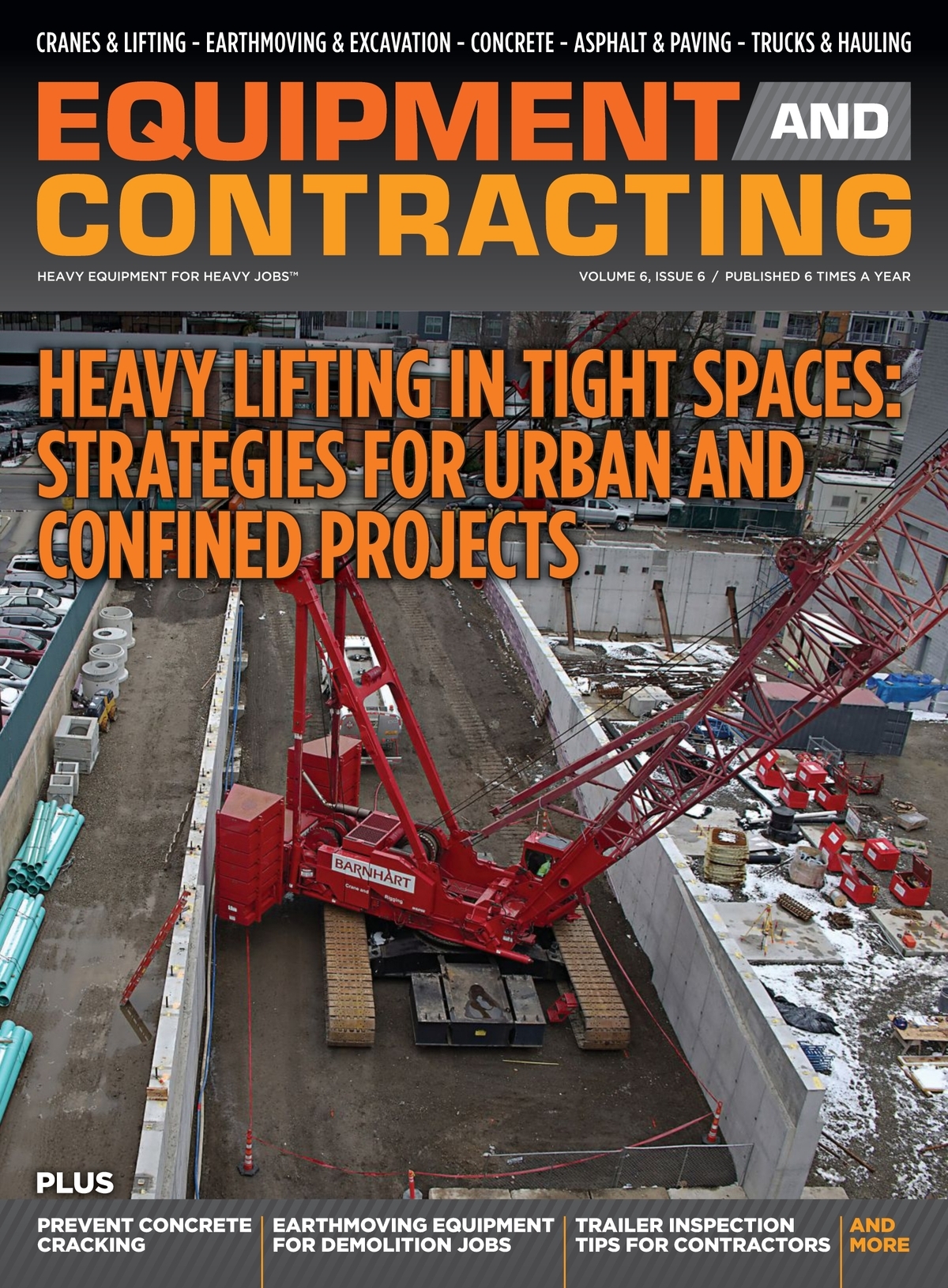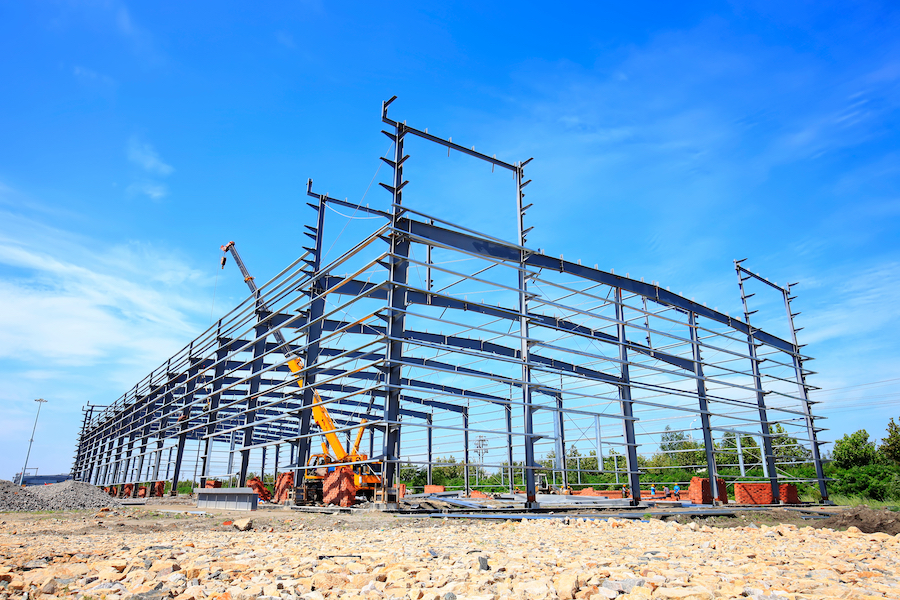
Types of Residential Structures
Generally speaking, a residential structure is where people live. This includes:
- Single-family homes
- Condos
- Townhomes
- Cooperative Housing (Co-ops)
- Duplexes, Triplexes, and Fourplexes
- Smaller Apartment Complexes
- Individual Mobile Homes
- Tiny Homes
Note two exceptions: Live / work spaces and large apartment complexes.
Types of Commercial Structures
Commercial structures are where some type of business operations take place. This includes:
- Office buildings
- Hospitals
- Restaurants
- Retail
- Large residential complexes
Types of Industrial Structures
Industrial structures are generally built for the manufacture, storage, or distribution of goods. This includes:
- Manufacturing
- Warehouses
- Distribution Centers
- Flex Space Buildings
A flex space building accommodates multiple purposes. For example, live / work lofts. Although often lumped in with commercial structures, there are some important differences between commercial and industrial construction which we will describe in this article.
What’s Different?
There are 5 areas that differentiate residential, commercial, and industrial construction, including:
- Site selection
- Permits & Regulations
- Speed of Delivery
- Worker Experience
- Cost
Site Selection
The site selected for construction depends in part on the type of structure. Residential lots are generally smaller than what is required for commercial or industrial buildings. Commercial and industrial structures may require large parcels of land. Commercial buildings are often situated near residential areas – close to their target market of shoppers, diners, and office workers. Industrial buildings are often built “off the beaten path.” Away from areas where noise and pollution would be considered a nuisance. Where the site is located and the people and structures surrounding it affect everything from equipment selection to road access to availability of materials.
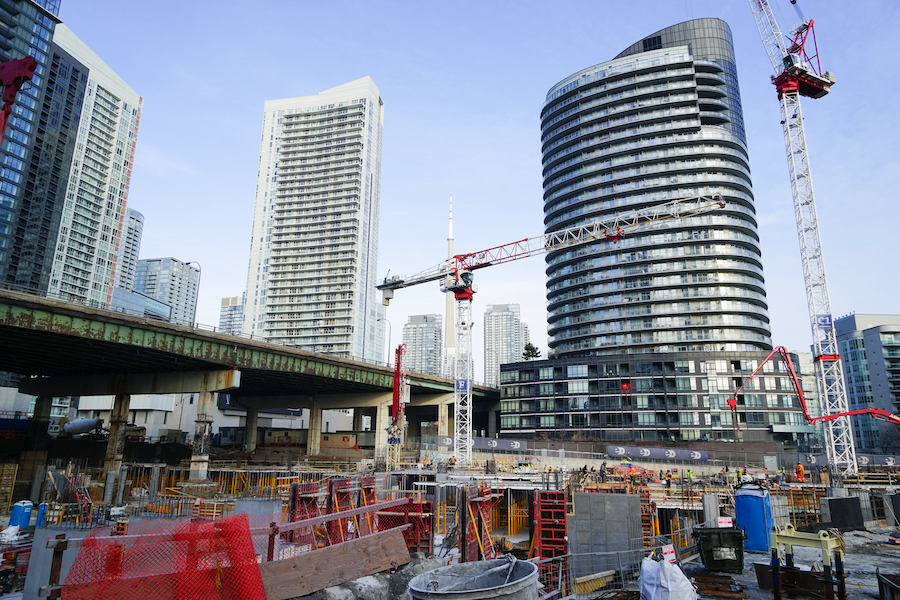
Permits & Regulations
The required permits and regulations for residential construction are typically handled at the local level. That is also true for commercial and industrial construction – in addition to meeting state and federal requirements. That makes commercial and industrial construction projects more complex.
Speed of Delivery
The speed at which commercial and industrial buildings are constructed is normally faster than residential construction. The stakes are much higher – and not meeting contractual obligations are far more costly than coming in late on a residential project. Also, residential construction projects typically have less workers onsite – sometimes being spread between multiple projects. In addition to changes that are often more frequent with residential customers, speed of delivery for residential construction tends to be slower.
Worker Experience
The size and scope of commercial and industrial construction projects often require higher-skilled workers. Not only for the actual building of the structures, but also for project managers. The type and size of equipment often requires experienced operators with a proven track record on commercial and industrial construction sites. For these reasons, overall labor costs are considerably higher compared to residential construction projects.
Cost
Residential construction is typically less expensive than commercial or industrial construction. The regulations that govern commercial and industrial construction often require expensive materials – such as steel framing and massive amounts of concrete. HVAC, electrical, and plumbing systems are larger, more complex, and higher quality materials are often used. As well, the site where industrial buildings are constructed may be farther away – increasing transportation costs. Permits and adherence to regulations at local, state, and federal levels can also be more expensive compared to residential construction. Finally, both commercial and industrial construction often require higher skilled workers, increasing labor costs compared to residential construction.
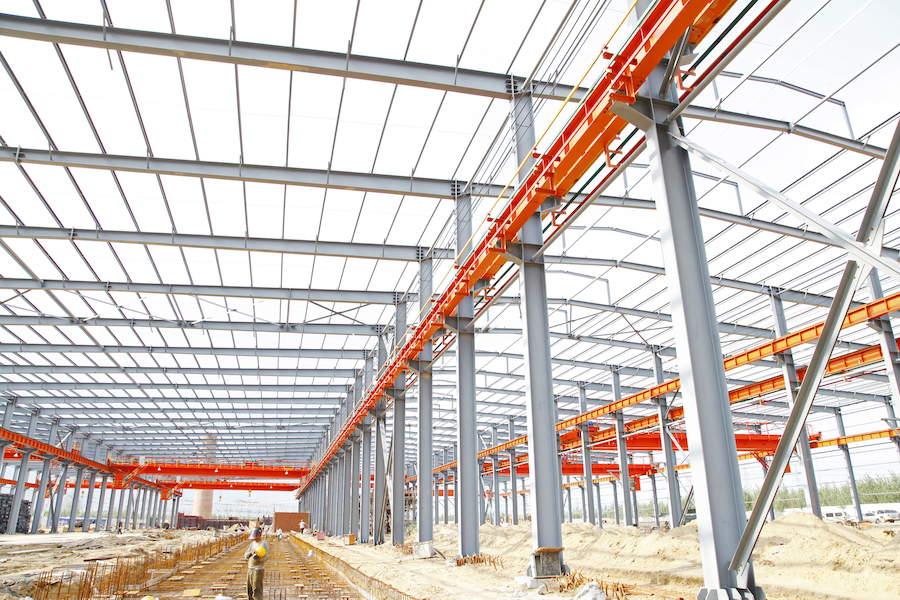
Target Market
The type of construction you decide to focus on impacts the customers you will target in your sales and marketing. It may be easier to start out focusing on smaller residential construction projects. This gives you time to build your portfolio, your reputation – and your credit.
Bidding
Bidding on residential construction projects is typically easier than bidding on commercial or industrial construction projects. Particularly when dealing with government projects where there are many statutes and regulations that can make the process more complex. However, government construction projects can bring in a lot of cash. In 2018 alone, construction projects at the local, state, and federal levels raked in over $300 billion according to the U.S. Census Bureau. Nearly all it — $258.8 billion — from construction projects at the local and state level. So if you’re going to take on commercial and industrial construction projects you should look close to home first.
Economic Climate
The type of construction projects available can change dramatically depending on the economic climate. After the housing crisis of 2008, there was more commercial construction work available. Today, a labor shortage is impacting all construction. So you may start out doing residential construction but changes in the economy may force you to consider commercial or industrial construction projects.
Conclusion
There are several factors that go into deciding what type of construction projects you will take on with your startup construction business. Your level of experience, access to capital, availability of workers, as well as equipment and materials come into play. Even if you have the wherewithal to take on any kind of construction project, the economic climate may dictate the availability of construction projects.
What are the key differences in site selection for residential, commercial, and industrial construction?
Site selection varies based on the type of structure, with residential lots generally smaller, commercial buildings located near target markets, and industrial buildings often positioned away from areas sensitive to noise and pollution.
How does the speed of construction differ between residential, commercial, and industrial projects?
Commercial and industrial construction projects typically have a faster delivery speed compared to residential projects due to higher stakes and cost implications, requiring skilled workers and experienced project managers.

